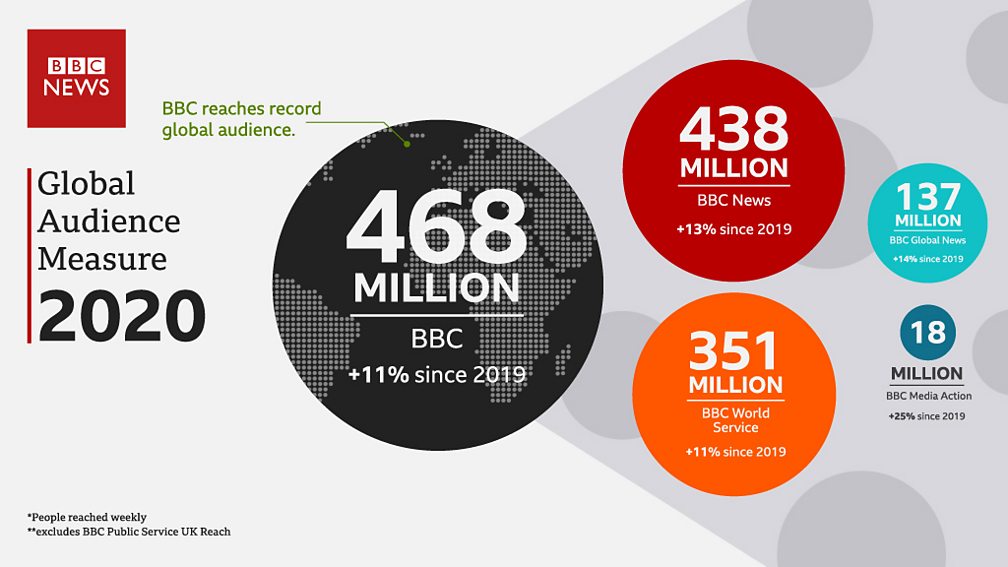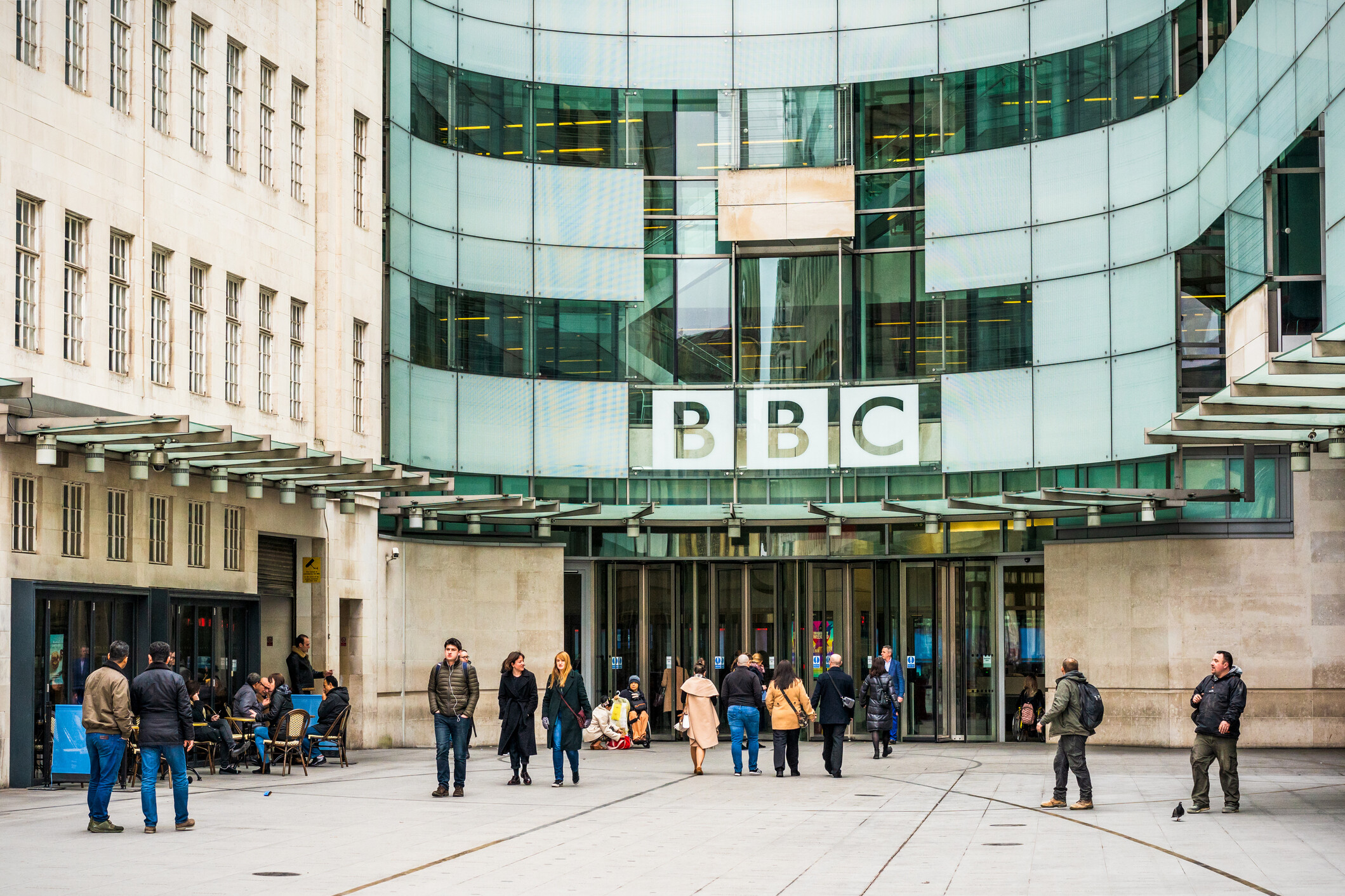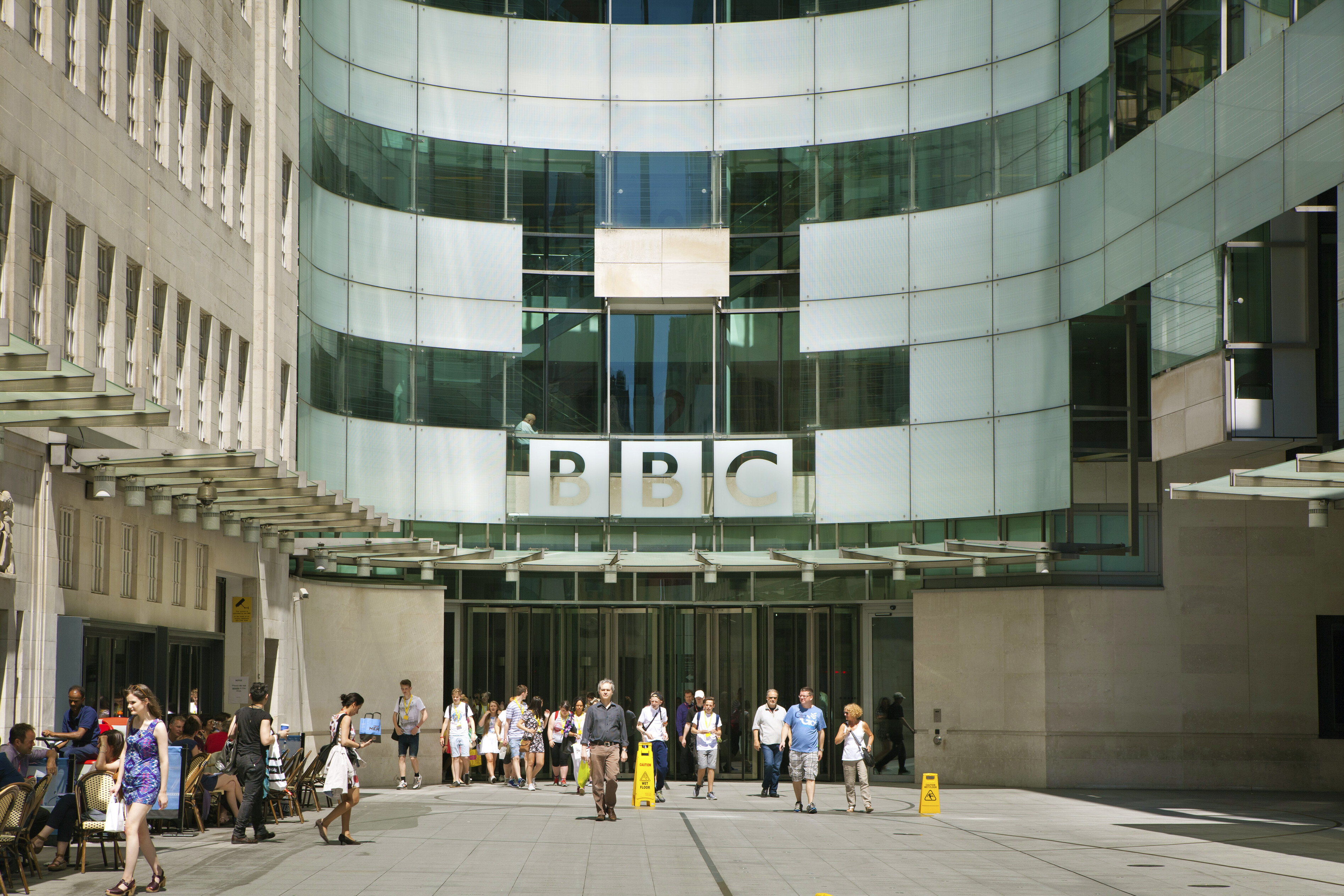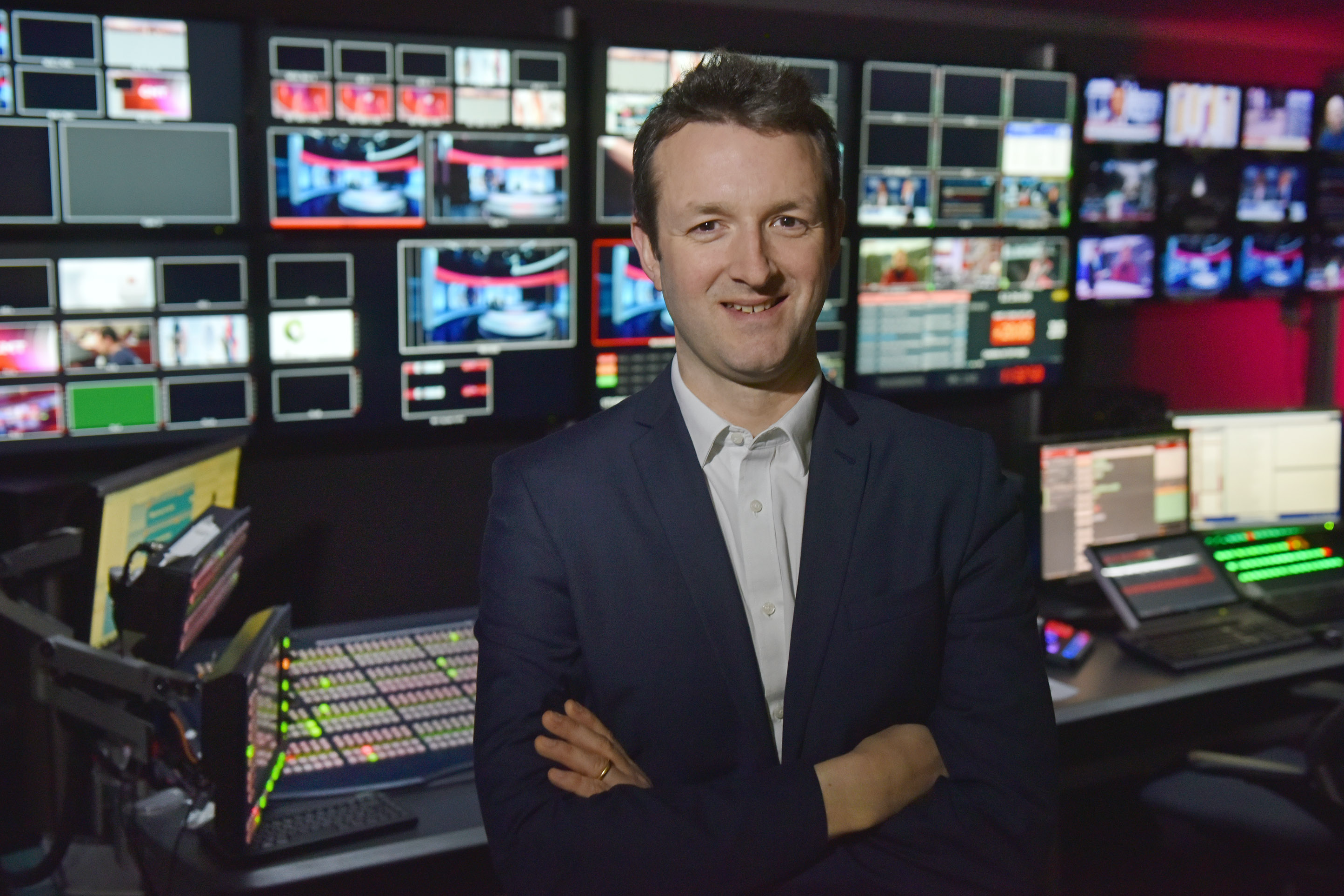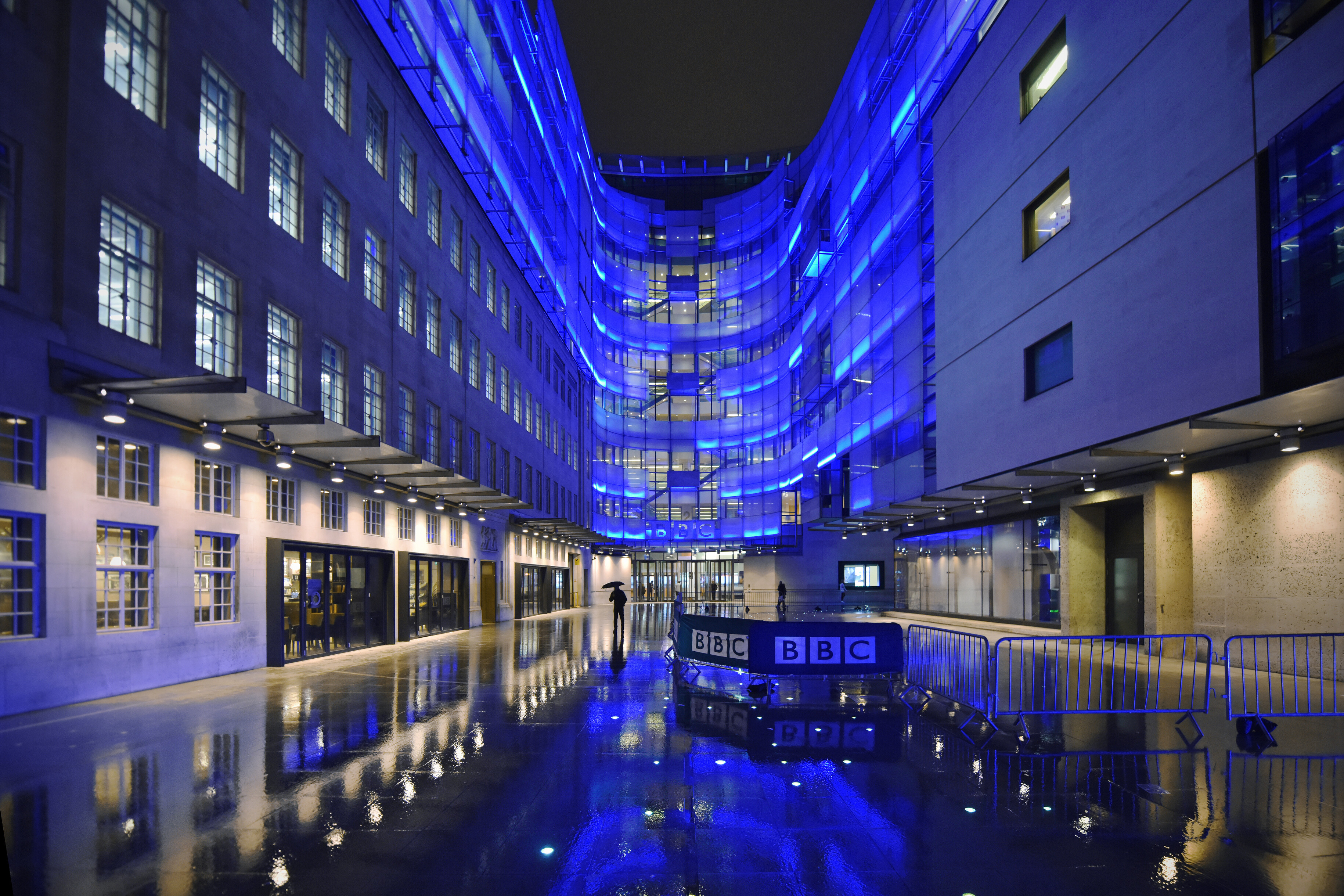Insight
Let’s unleash the BBC’s potential to combat fake news and help Global Britain
By acting now, we can ensure fair and free news – along with Britain’s voice and values – continue to resonate powerfully around the world
By Tony Hall, BBC Director-General
The past few months have proved just how priceless the values of traditional journalism are in the ‘fake news’ age. Two forces in particular have brought this home in no uncertain terms.
First, the massive “infodemic” of online misinformation that has grown up alongside the coronavirus crisis. The problem is so severe that, even if a safe and effective vaccine is found, global health leaders warn that the drowning out of reliable, authoritative guidance could dramatically hinder take up.
Second, the growing use of disinformation as a tool for democratic disruption. This week’s report into Russia’s activity in the UK has laid the stakes bare. For the state-backed actors of Russia and China, the provision of news is first and foremost an extension of state influence.
The warning bells ring loud and clear. Last year, Russia’s RT was fined for serious and repeated breaches of our impartiality rules. Earlier this month, we learned that China’s English-language news network, CGTN, could be banned from the UK for similar breaches.
For the BBC, the result has been audiences flocking to us in their millions in search of trusted news and information. And not just at home, but right around the world.
Today, we are releasing new figures which show that our audience has soared to a record 468 million people outside the UK every week. Whatever your views on the BBC, it’s a reminder that we are without question one of Britain’s strongest and best-known brands, synonymous with quality and accuracy worldwide. Our international news services rank first for trust and reliability. Our World Service remains a beacon of democratic values and a lifeline for millions living in fear, captivity or uncertainty.
“Our international news services rank first for trust and reliability. Our World Service remains a beacon of democratic values and a lifeline for millions living in fear, captivity or uncertainty.”
This is not simply Britain’s gift to the world. Independent research shows that there is an exceptionally high correlation between places where people are aware of the BBC and places where people think positively about the UK. More than that, the BBC helps UK trade.
This has perhaps never been more important. The UK will forge a new relationship with the world in the decade ahead, built on an ambitious vision of ‘Global Britain’. Success will mean drawing on all our considerable international assets, and that means unleashing the full global potential of the BBC.
The Government has long recognised the BBC’s vital role in helping to enhance Britain’s reputation and influence around the world. This is why, four years ago, it agreed to make its largest-ever increase in investment in the World Service.
That funding of £86 million a year has allowed us to complete the World Service’s biggest expansion since the Second World War. We now operate in 42 languages from Korean to Punjabi to Pidgin. We have opened new and expanded bureaux in locations from Delhi to Bangkok to Belgrade.
The result is that we have been able to step up the fight against fake news worldwide and support democracy on the front line. That’s meant journalists on the ground during elections in countries like Nigeria and India, calling out fictions and fact-checking disputed issues in real time. It’s meant world-class investigative journalism from teams like Africa Eye, created to hold power to account across the African continent.
“The result is that we have been able to step up the fight against fake news worldwide and support democracy on the front line. “
In Khartoum, it was Africa Eye’s investigation into last year’s massacre of peaceful protestors, based on painstaking analysis of more than 300 pieces of mobile phone footage, that revealed it was possibly ordered by Sudan’s military rulers. In Baghdad, it was a BBC Arabic investigation that exposed Shia clerics advising men in how to abuse young girls. In Kashmir, we were able to respond to an India-imposed media blackout by extending our short wave radio services in three languages.
None of this would have happened without BBC teams on the ground. And by working with partner organisations and local independent journalists to promote the highest journalistic standards, our teams also play a vital role in helping to train journalists around the world and turn the tide on fake news.
It doesn’t stop there. Just this month we announced that the Trusted News Initiative – an international partnership of major news and tech organisations, convened and led by the BBC – will focus on fighting disinformation during the US election. This in a country where a recent Reuters Institute study found BBC News to be more trusted than all major US news providers.
All this takes place against the backdrop of a growing battle for global influence, in which news provision has emerged as the key weapon. The first years of this new decade will decide which competing vision of the future of news will triumph: the fake, or the fair and free.
This is a race that the UK is well-placed to win. The BBC is its priceless asset; the pre-eminent provider to the world of facts you can trust. What we have achieved with our additional investment has proved how far we can extend the reach of Britain’s democratic influence and amplify our global voice. It has also shown how much further we can go.
When I became BBC Director General in 2013, I set the challenge of doubling our global audience to reach 500 million people by our centenary in 2022. We are more than on track to achieve that goal. Now I have announced a redoubling of our ambition. The BBC has plans in place to reach a global audience of one billion people by the end of the decade.
We are consulting closely with Government on how further investment could realise those plans and help strengthen Britain’s democratic influence worldwide. We need to seize this moment. Get it right and we have a chance to send out a clear signal about the UK’s place in the world at a crucial time. By acting now, we can help ensure that Britain’s voice and values will continue to resonate powerfully around the globe in the next decade and beyond.
This article originally appeared in The Daily Telegraph
Republished from the BBC Blog with permission from the BBC.
The Author
Tony Hall – Lord Hall of Birkenhead – was appointed Director-General of the BBC on 22 November 2012. He is the 16th Director-General of the BBC.
Prior to this, Tony was Chief Executive of the Royal Opera House from April 2001 until April 2013.
He joined the BBC as a news trainee in 1973 and during a 28 year career at the Corporation he held roles including Senior Producer at World at One, Assistant Editor of the Nine O’Clock News, Output Editor for Newsnight, culminating as Chief Executive of BBC News from 1996 to 2001.
While at the BBC he launched Radio 5 live, BBC News 24, BBC News Online and BBC Parliament. He was Deputy Chairman of Channel 4 Television and he is a Trustee of the Paul Hamlyn Foundation and the Foundation Years Trust . Passionate about education and skills within the cultural industries, he was the founder Chair of Creative & Cultural Skills, Chairman of the Musical and Dance Scheme, Chair of Stratford East Theatre, and he was Chair of the Cultural Olympiad Committee and a member of the London Organising Committee for the 2012 Olympic Games.
He was appointed a CBE in 2005 and in 2010 was created a life peer with the title Baron Hall of Birkenhead. He sits on the Crossbenches in the House of Lords.
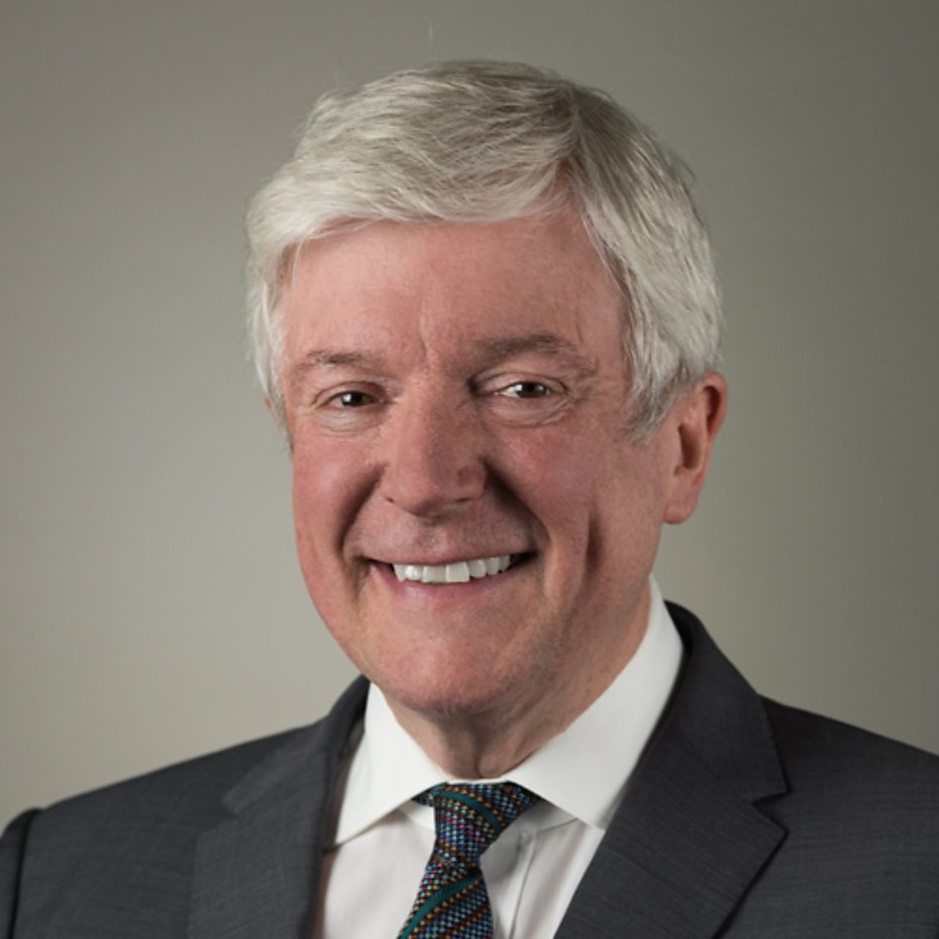
Related Posts
9th July 2020
Over-75’s licence fee: Where the responsibility lies
A great deal of ‘anti-BBC’ flak is…
22nd June 2020
Concerns for local coverage as the BBC looks to make cuts
COVID-19 continues to take its toll on…
15th June 2020
Insight | Jamie Angus on why trusted news should have access to chat apps
BBC World Service Director, Jamie…
